The remote work revolution has had a profound influence on traditional contact centre operations in an era where flexibility is essential. The demand for a strong Contact Centre Solution designed for remote work environments has never been greater. In this blog article, we'll go over the challenges and opportunities that remote work provides to contact centres, as well as throw light on successful management tactics backed by a cutting-edge contact centre solution.
Change Adaptation: Challenges and Opportunities

1. The Difficulties of Remote Work in Contact Centres:
Communication Gaps: The lack of physical proximity makes it difficult to maintain continuous contact among team members and with clients.
Data Security Concerns: In a remote work environment, protecting sensitive client data becomes a top priority.
Monitoring and Productivity: Without traditional on-site monitoring tools, it might be difficult to oversee agent performance and ensure consistent productivity.
2. Remote Work Opportunities in Contact Centres:
Global Talent Access: Contact centres may access a broad talent pool without geographical constraints.
Savings on operational costs: The transition to remote work can result in significant cost savings on physical infrastructure and associated overheads.
Increased Agent Satisfaction: Providing a flexible remote work option can increase employment satisfaction, leading to increased retention rates.
Effective Remote Work Management Strategies:

1. Implement a Contact Centre Solution in the Cloud:
Choose a cloud-based contact centre solution that allows you to access tools and data from any location. This provides flexibility without sacrificing functionality.
2. Prioritise Security Features:
Select a solution that includes robust security features such as end-to-end encryption, secure access controls, and regular security updates. Data security should be a non-negotiable requirement.
3. Use Advanced Communication Tools:
To bridge communication gaps, use unified communication tools integrated into the contact centre solution. Platforms for real-time messaging, video conferencing, and collaboration are essential.
4. Integrate Performance Analytics and Monitoring:
Invest in a solution that provides advanced analytics as well as real-time monitoring. Supervisors can use this to track agent performance, identify trends, and make data-driven decisions.
5. Provide Extensive Training:
Ensure that remote agents are familiar with the contact centre solution. Provide extensive training sessions as well as ongoing support to address any issues that may arise.
6. Develop a Virtual Community:
Create virtual environments for team building and communication. Regular team meetings, virtual coffee breaks, and open communication channels help remote agents develop a sense of community.
7. Clearly define remote work policies:
Establish clear policies and expectations for remote work. Effective remote management requires open communication about performance metrics, expectations, and responsibilities.
Conclusion: Contact Centre Solutions Enabling Remote Work
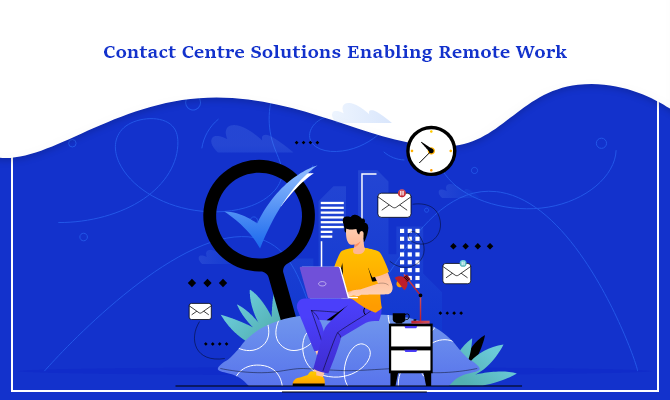
The shift to remote work provides an opportunity for contact centres to rethink their operational models. A contact centre solution designed specifically for remote work is not only required, but also a catalyst for success. Contact centres can build a resilient and adaptable workforce by embracing challenges and capitalising on opportunities. Invest in the right technology, empower your agents, and steer your contact centre towards a future where remote work is a strategic advantage rather than a necessity.






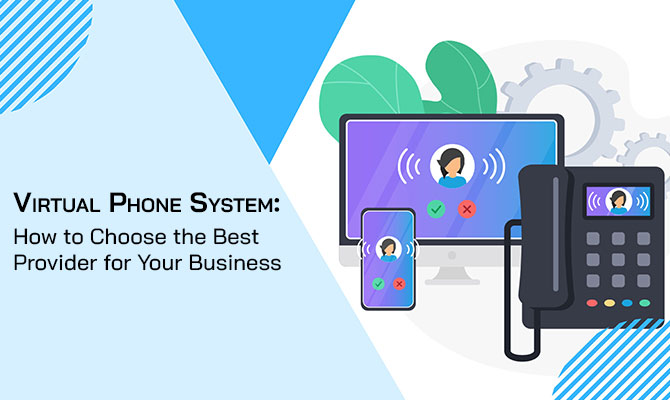
















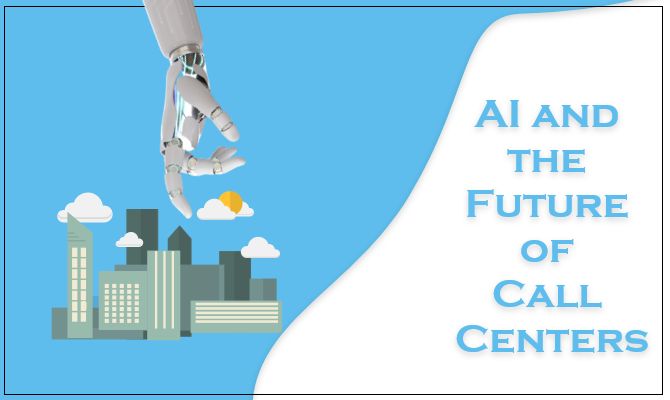



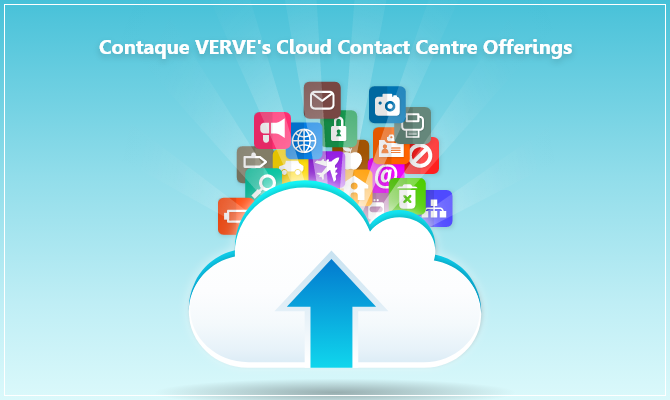
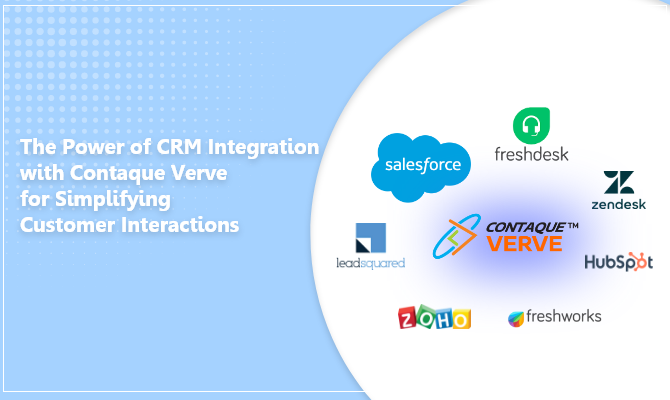










All Comments